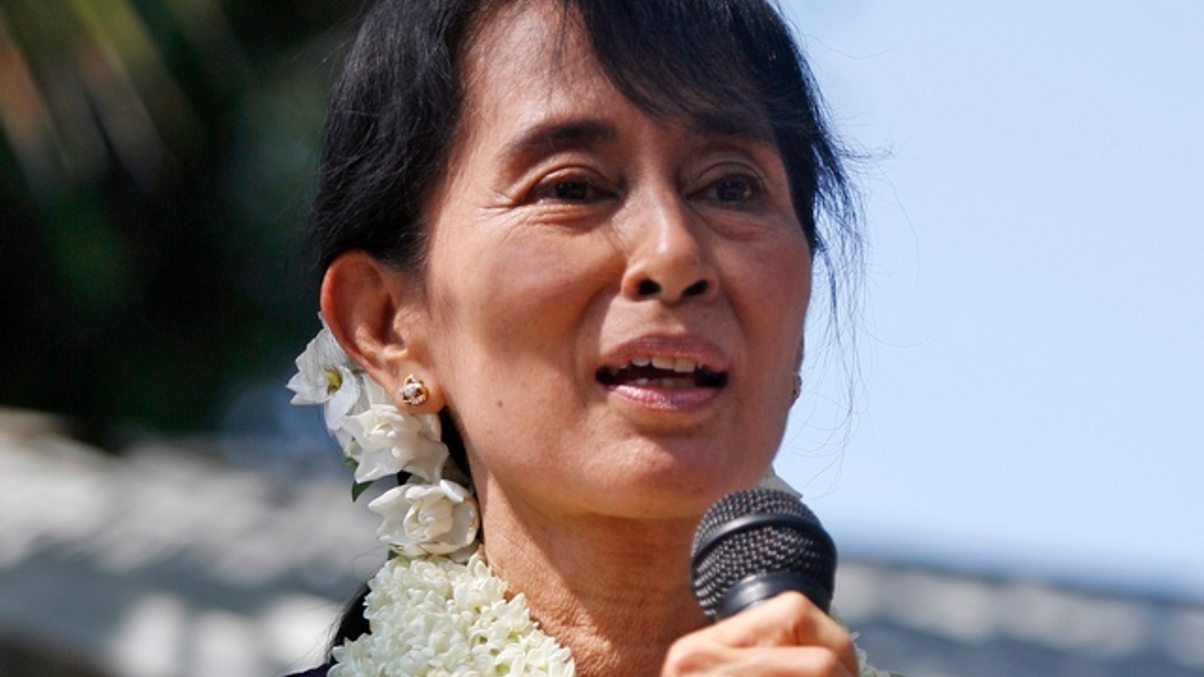Legal reform in Myanmar 'key' for investors
Myanmar's newly elected government under Aung San Suu Kyi will need to make major changes to attract a greater flow of foreign money. More legal certainty, for one, is seen as crucial.

It may take a while for foreign investors to show faith in the new regime in Myanmar, following this week's historic victory of the National League for Democracy (NLD) party in the nation's first democratic elections for more than 50 years.
Sign in to read on!
Registered users get 2 free articles in 30 days.
Subscribers have full unlimited access to AsianInvestor
Not signed up? New users get 2 free articles per month, plus a 7-day unlimited free trial.
¬ Haymarket Media Limited. All rights reserved.


